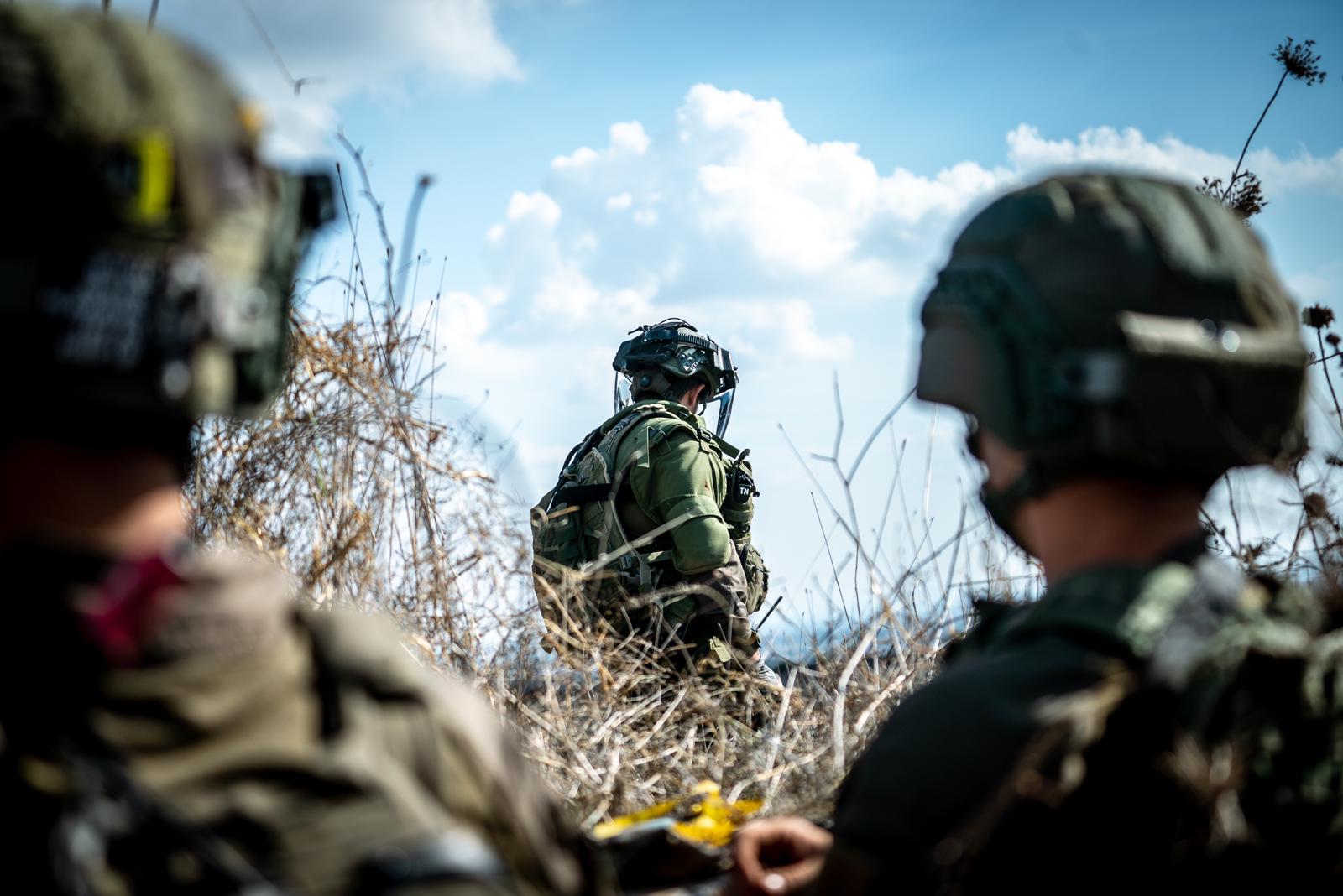New Allegations of CIA Waterboarding
The New York Times has the story here about this new Human Rights Watch report concerning the handling of Libyan detainees transferred to Libyan custody after 2004. I haven't read the report yet--by Laura Pitter--and, in general, my interest level in continuing focus on nearly decade-old allegations about detainee treatment is pretty limited.
The New York Times has the story here about this new Human Rights Watch report concerning the handling of Libyan detainees transferred to Libyan custody after 2004. I haven't read the report yet--by Laura Pitter--and, in general, my interest level in continuing focus on nearly decade-old allegations about detainee treatment is pretty limited. I was, however, struck by the very cagey and limited denial the CIA gave to the waterboarding allegations here. Recall that the CIA has acknowledged only three cases of waterboarding, all of them very famous: Khalid Sheikh Mohammed, Abu Zubaydah, and Abd al-Rahim al-Nashiri. Pitter's report, however, suggests that there may be a fourth. As the Times summarizes (as I say, I haven't read the report):
A particular focus of the report is the account of Mohammed Shoroeiya, who was reportedly detained in Pakistan in April 2003 and held in American custody in Afghanistan before being transferred to Libya. Mr. Shoroeiya gave Ms. Pitter detailed sketches of what he said were prison facilities and techniques. Mr. Shoroeiya told Human Rights Watch that at one point in Afghanistan, his American captors had put a hood on his head and strapped him to a wooden board, then poured water over his face until he felt as if he was asphyxiating. An American man who appeared to be a doctor was present during the sessions, he said. While he did not use the term “waterboarding,” the description matches that technique. “They start to pour water to the point where you feel like you are suffocating,” Mr. Shoroeiya said. He was asked questions between sessions, he added, and “they wouldn’t stop until they got some kind of answer from me.”A CIA spokeswoman is quoted in the story, but given the agency's very public insistence that there have been only three cases of waterboarding, her denial is rather circumscribed:
Asked about the reported fourth case of waterboarding, a C.I.A. spokeswoman, Jennifer Youngblood, said, “The agency has been on the record that there are three substantiated cases in which detainees were subjected to the waterboarding technique under the program.” She said she could not comment on the “specific allegations” in the Human Rights Watch report but noted that the Justice Department had reviewed the treatment of more than 100 detainees held by the agency and “declined prosecution in every case” (emphasis added).Youngblood here seems to be leaving open the possibility that there may have been unsubstantiated additional cases of waterboarding outside of the agency's formal high-value detainee interrogation and detention program. That would be, at least to me, shocking and upsetting if it turned out to be true.
Benjamin Wittes is editor in chief of Lawfare and a Senior Fellow in Governance Studies at the Brookings Institution. He is the author of several books.


.jpg?sfvrsn=407c2736_6)


